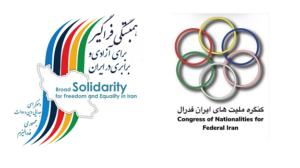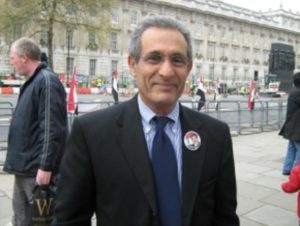Backed by its allies Russia and China, the Iranian government has blocked Ahwazi representation in the UN Permanent Forum on Indigenous Issues in an attempt to repress the Ahwazi Arab voice.
Dr Karim Abdian, director of the Ahwaz Human Rights Organization (AHRO), was one of five nominees for the Asian representative in the United Nations Permanent Forum on Indigenous Issues (UNPFII) during the 2017-2019 term.
The UNPFII is an advisory body to the UN Economic and Social Council. Half its 16 members are appointed by governments and half are selected among civil society organisations registered with the UN. Iran and its allies put pressure on non-government organisations to prevent Dr Abdian’s selection.
Dr Abdian is a long-standing campaigner for Ahwazi issues. He was imprisoned by the Shah’s regime for his human rights activity before relocating to the US. He has worked for decades to support non-violent activism. As a senior member of the Congress of Nationalities for a Federal Iran (CNFI), supports a federal non-religious democratic state as an alternative to the centralised, chauvinistic rule of both the Pahlavi monarchy and the Islamic Republic.
His international advocacy has frequently been targeted by the Iranian government. In 2008, Iran’s representatives at the seventh session of the UNPFII banged on the table throughout a speech by Dr Abdian as he detailed Iran’s catalogue of human rights abuses against indigenous Ahwazi Arabs.
A delegation of Ahwazi Arabs, Kurds and Balochis had criticised Iran for failing to appoint a member of Iran’s national minorities, who comprise over half Iran’s population, to represent the country at the UNPFII. They claimed this was proof that the Iranian government “does not acknowledge or recognize the indigenous peoples” of Iran. In response, the Iranian delegate claimed that the ethnic minority representatives were terrorists.

















